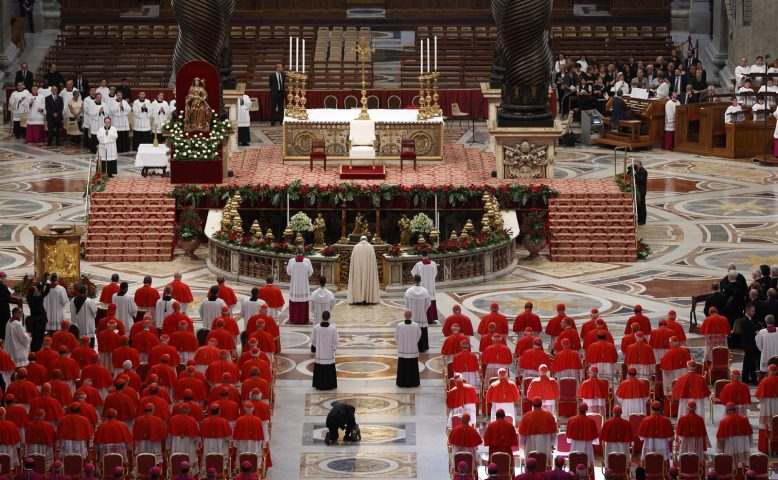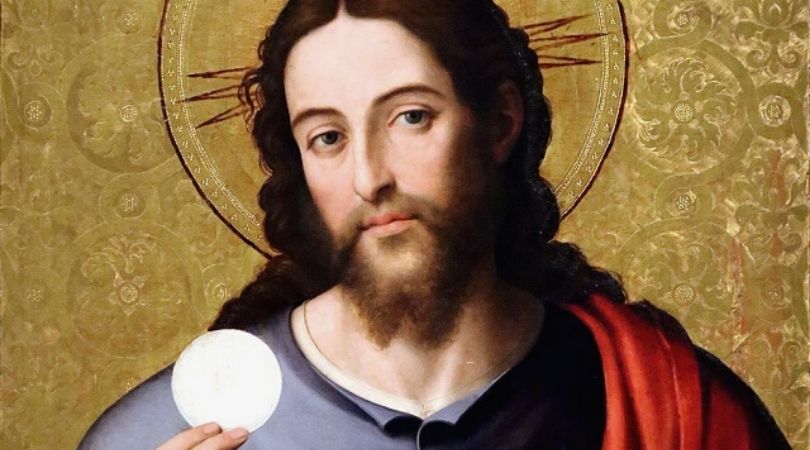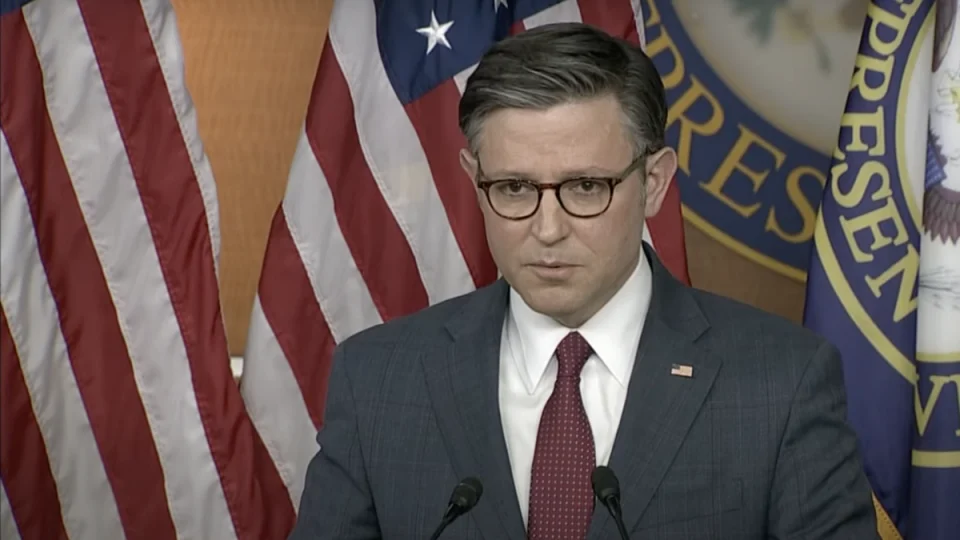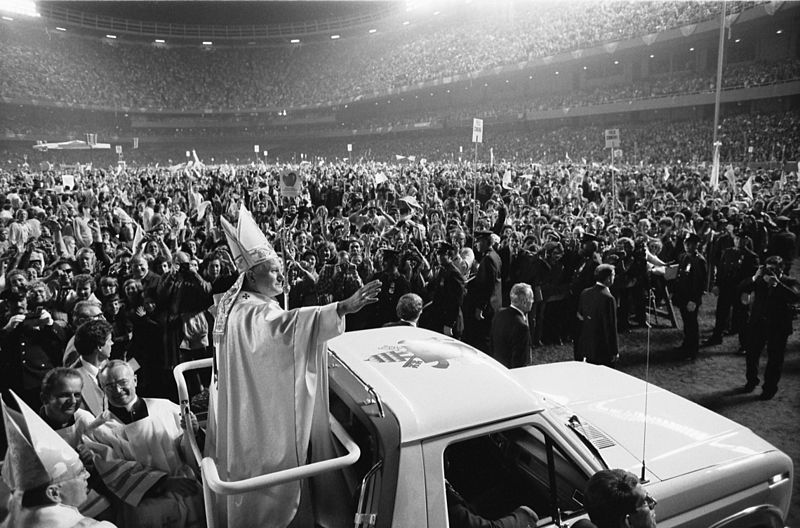Pope Francis Criticizes Former Doctrinal Head Muller: He Has ‘Good Intentions’ But Is ‘Like a Child’, by Maike Hickson
September 6, 2019In Court Hearing, Planned Parenthood Employee Admits To Trafficking In Baby Body Parts, by Lauren Fink
September 6, 2019
By Dr. Jeff Mirus, Catholic Culture, Sept. 03, 2019
 Not being God, my interpretation of what God Himself is accomplishing through the current pontificate may at the very best illuminate a tiny portion of the Divine plan, and could well be utterly worthless. Nonetheless, I am moved to this exercise by a desire to offer consolation in the wake of today’s perceptive commentary by Phil Lawler, “The new cardinals: Pope Francis bids for ‘irreversible change’”.
Not being God, my interpretation of what God Himself is accomplishing through the current pontificate may at the very best illuminate a tiny portion of the Divine plan, and could well be utterly worthless. Nonetheless, I am moved to this exercise by a desire to offer consolation in the wake of today’s perceptive commentary by Phil Lawler, “The new cardinals: Pope Francis bids for ‘irreversible change’”.
Providence at work in my lifetime
In broad outlines, my perception of Divine Providence—which always concerns the Body of Christ—is based on a simple faith that, since Catholic renewal is the most important goal of our time (or of any time), Our Lord is far more aware of its need than I. If this is true—as in fact it must necessarily be true—then I am bound to interpret history by asking what God is doing to purify and renew His Church. The answer certainly includes many things that I cannot or do not see, and at least some things that no man or woman living on this earth sees. But here are a few things that I do see:
First:
God has recently raised up a series of saints to effect a renewal of the Church, which was already very much needed (once again) by the dawn of the twentieth century. He raised up Pope Saint John XXIII to recognize how much the Church reflected the serious deficiencies of the established post-war European order and to put the concept of renewal back in the Catholic institutional lexicon. He raised up Pope Saint Paul VI to gain incomparable graces for the Church by suffering a prolonged experience of helplessness as his every effort at renewal was derailed by Western secularism among Catholics themselves—especially the leadership groups of bishops, clergy, religious, and academics. He raised up Pope Saint John Paul II to recover the lost vision of the Second Vatican Council and inspire a new generation to a deeper commitment of Faith. It will surprise nobody if Pope Emeritus Benedict XVI is eventually canonized as a confirmation of the renewal of Catholic theology over which he presided for nearly thirty-five years.
Second:
At the same time, in my lifetime God’s Providence has permitted the long decline of Christianity in the West to reach a level so catastrophic as to make it obvious to the meanest intelligence that the Church can no longer embody the values of the dominant culture and still remain Catholic in any way whatsoever. This, in addition to a period of widespread betrayal by priests, religious and Catholic academics, has made it obvious to huge numbers of highly-committed lay persons that they must themselves engage directly in both renewal and public witness. ….





 Not being God, my interpretation of what God Himself is accomplishing through the current pontificate may at the very best illuminate a tiny portion of the Divine plan, and could well be utterly worthless. Nonetheless, I am moved to this exercise by a desire to offer consolation in the wake of today’s perceptive commentary by Phil Lawler, “
Not being God, my interpretation of what God Himself is accomplishing through the current pontificate may at the very best illuminate a tiny portion of the Divine plan, and could well be utterly worthless. Nonetheless, I am moved to this exercise by a desire to offer consolation in the wake of today’s perceptive commentary by Phil Lawler, “

